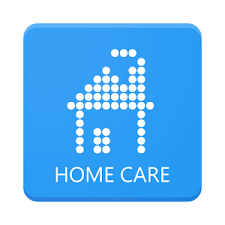Nuance Audio is a new option for people who resist traditional aids, from the company that makes Ray-Bans and operates LensCrafters.
Seekers of Meaning Podcast Posted Online March 7, 2025
What's Next Longevity Deal Talk Episode 32, January, 2025
Presentation: What's Next Longevity Venture Summit, June, 2025

 or health tech vendors to reach other health tech vendors. This event is an odd mix of technology service providers, health tech vendors (multiple categories), and startups looking to engage from a business partnership, channel, or solution set perspective. The event was preceded earlier in the year with a post about the
or health tech vendors to reach other health tech vendors. This event is an odd mix of technology service providers, health tech vendors (multiple categories), and startups looking to engage from a business partnership, channel, or solution set perspective. The event was preceded earlier in the year with a post about the  Shortage of paid care workers – a growing problem, not well-quantified by region. As AARP predicted in 2013, by the time the boomers arrive in their 80’s, just nine years from now, there would be a population deficit of
Shortage of paid care workers – a growing problem, not well-quantified by region. As AARP predicted in 2013, by the time the boomers arrive in their 80’s, just nine years from now, there would be a population deficit of